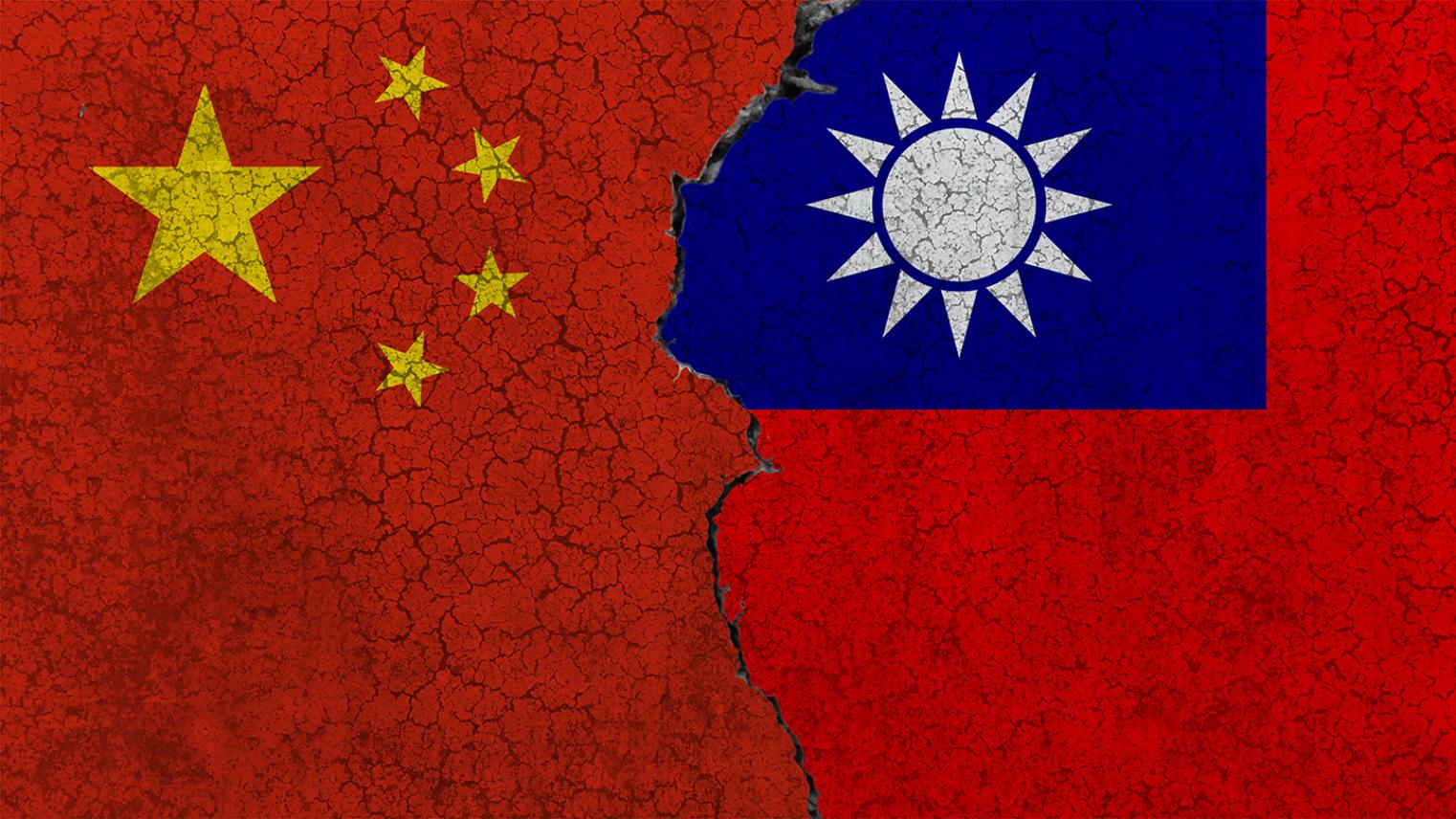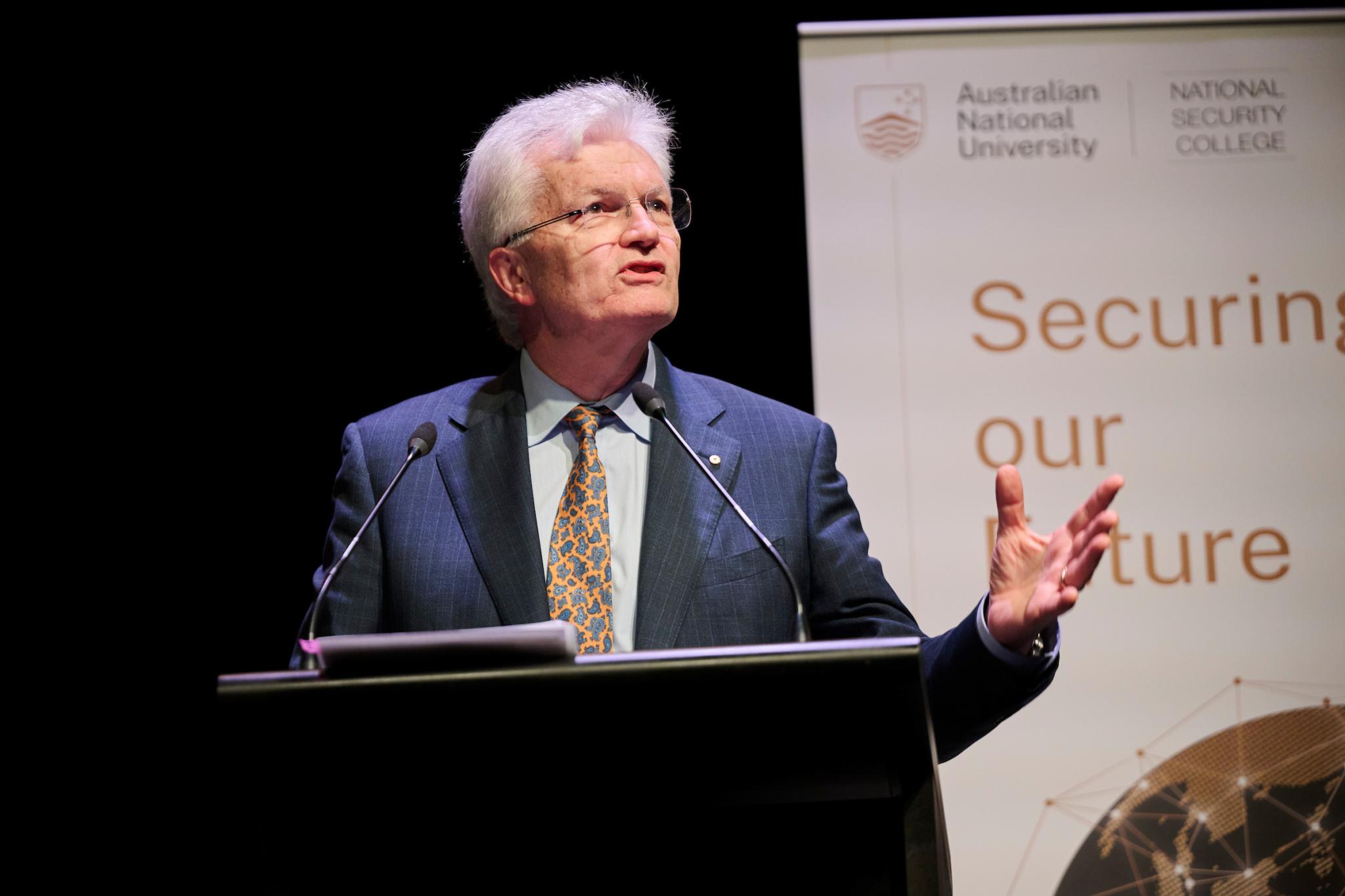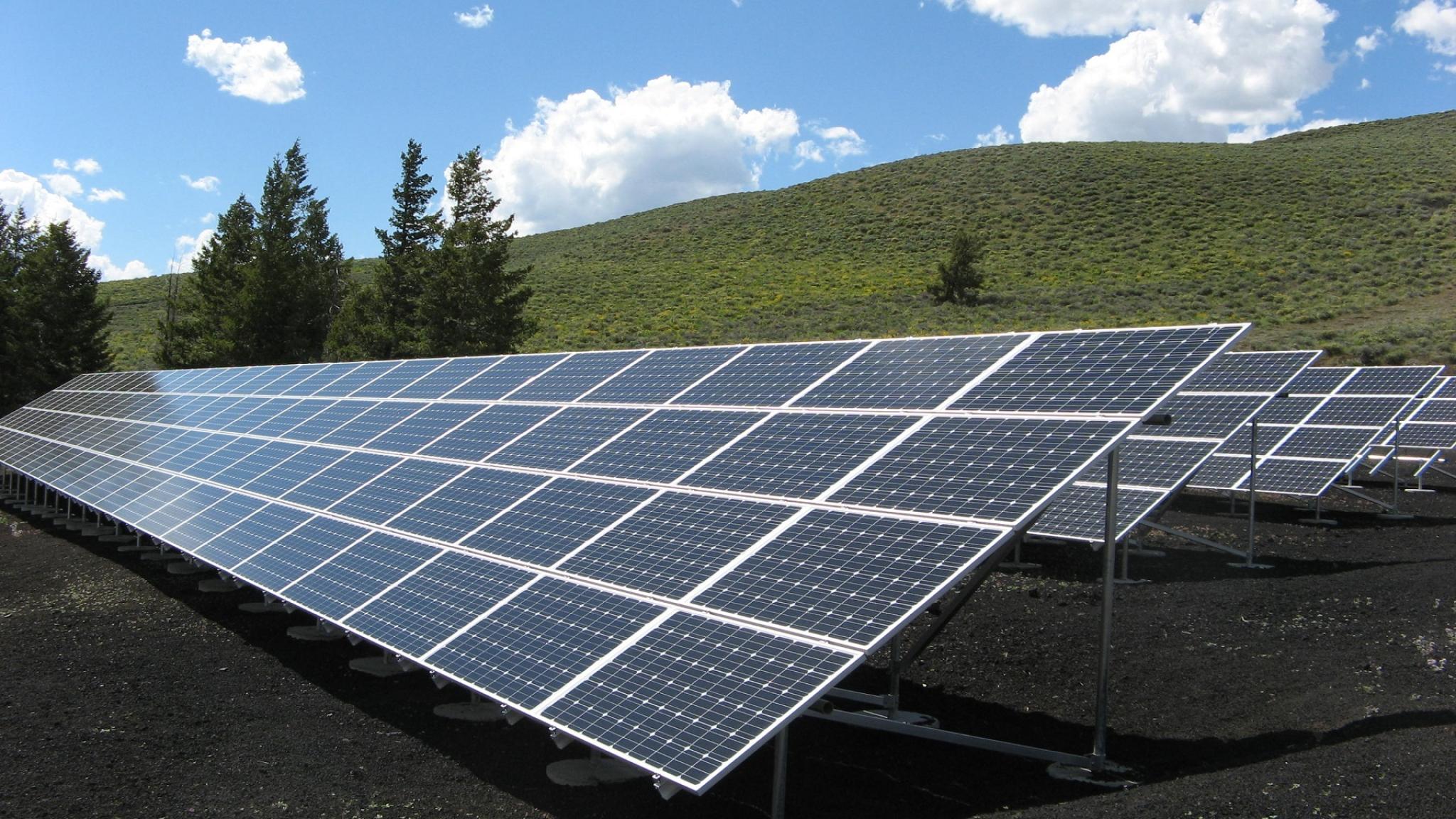Shangri-La reveals a region short on peace and harmony

Even in these grim times, last weekend’s Indo-Pacific security summit in Singapore presented a jarring juxtaposition.
At the incongruously named Shangri-La Dialogue, China’s latest defence minister, Admiral Dong Jun, threatened aggression against Taiwan and the Philippines in the most pointed language of intimidation yet heard at these annual gatherings.
Shortly after, Ukrainian President Volodymyr Zelensky received a rock-star welcome on the same stage, but brought a message of deadly earnest: urging Asia’s support in his quest for a just peace to end Russia’s war of aggression.
Let no one accuse this iconic European wartime leader of being on the wrong side of the globe. He brought the confronting message that China is helping Russia sabotage the global peace summit Ukraine will soon convene in Switzerland, by pressuring countries not to attend. So now it would be worse than embarrassing if the Australian government chose not to be there, at senior ministerial level at least.
Commendably, Deputy Prime Minister and Defence Minister Richard Marles used his own Shangri-La speech to declare the government’s concern about Beijing’s support for Putin’s war, its enabling of “Russia’s malign and violent path”.
Marles made a comprehensive case for the embattled global rules-based order and respect for international law, from Ukraine to the Middle East to the South China Sea.
He directly called out China’s dangerous escalation of behaviour in Asian waters and airspace. He referred to warlike incursions against Taiwan and risky interference with the lawful activity of the Royal Australian Navy conducting UN missions against North Korea.
Marcos demolished the myth that global rules are some Western concoction
Marles also focused on the Philippines, where China’s paramilitary “coast guard” is using high-powered water cannon and ramming tactics to prevent smaller Philippines vessels resupplying an outpost in what international law recognises as their nation’s fishing grounds.
For two decades, the Shangri-La dialogues, convened by the International Institute of Strategic Studies and the Singaporean government, have been valuable barometers of the geopolitical temperature. Which means they have sometimes been mercifully tepid affairs. They once generated low-key news about counter-piracy co-operation and the like.
No more. The theatre of geopolitics is now real. This year’s opening act was a speech by Philippines President Ferdinand Marcos jnr, an impassioned defence of rules and law and the rights of small and middle powers.
He demolished the myth that global rules are some Western concoction, reminding of the role of such archipelagic states as the Philippines and Indonesia in negotiating the UN Convention on the Law of the Sea to protect their rights.
He also openly defied China’s bullying. If this deliberate recklessness caused the death of a Filipino – a real and growing possibility – it would be “very close to an act of war”.
United States’ Secretary of Defence Lloyd Austin was pushed on this question when he spoke the next day. He prudently dodged the hypothetical, but emphasised that the US treaty to commitment to defend its Philippines ally was “ironclad”. Austin’s overall message was one of reassurance and stability, risk-reduction and dialogue.
He countered claims that US resolve in the Indo-Pacific is open to question, listing the many security relationships that are growing stronger, and the innovative web of small groups that help American’s friends help one another. To prove the point, Marles met his Japanese and South Korean counterparts – a first for this logical alignment of Washington’s strongest Indo-Pacific allies.
Austin also underscored the need for constant dialogue with China. Dialogue was not something to be treated as a reward or a punishment – Beijing’s longstanding tactic – but essential precisely when tensions were high and trust low. And to be fair, for all his bluster, Admiral Dong held lengthy talks with Austin while in Singapore: the first such talks in 18 months.
But for all that, the tone of Dong’s scripted speech was striking for its belligerence. There was lots of throat-clearing about win-win co-operation and the offensive assertion that somehow China alone spoke for Asia’s destiny.
On Taiwan, however, the newly elected government of President Lai Ching-te was accused of pursuing incremental independence: “fanatical” and in “betrayal of the Chinese nation and their ancestors”. China stood for “peaceful” reunification but if need be would take resolute action: its enemies would variously be “nailed to the pillar of shame” and destroyed.
He then warned the Philippines that China’s “restraint” was fast running out.
It was a disturbing display, no less so given that his real audience was the regime in Beijing. After all, Dong’s predecessor, Li Shangfu, was disappeared by Xi Jinping last August, just 226 days into the job.
An assertive military power with such leadership desperation and dysfunction is hardly reassuring to the neighbours.
The Albanese government has understandably prioritised a diplomacy of “stabilisation” with China for the past two years. But the Shangri-La show was a timely crystallisation of why that agenda will remain permanently precarious.
It was also a window onto a world where Australians’ interests, values and security are imperilled by much more than our self-wrought political divisions. The world has become a stage of geopolitical struggle and standing aloof is not an option.
It’s wise that Australian statecraft continues to be quietly active in building an Indo-Pacific web of security partnerships, while also helping our Pacific island and South-East Asian neighbours find development choices that don’t translate to dependence on China.
But now we also need to accelerate national preparedness in every sense, from deterrent defence capability to an economy and society more ready for the shock of conflict in our region. The warning signs are there.


